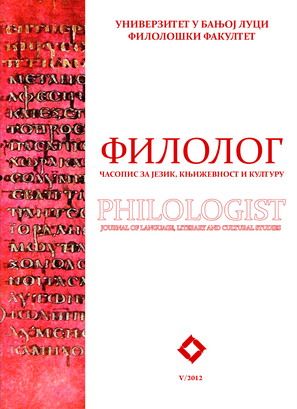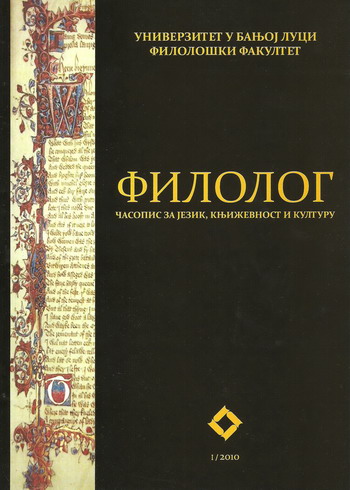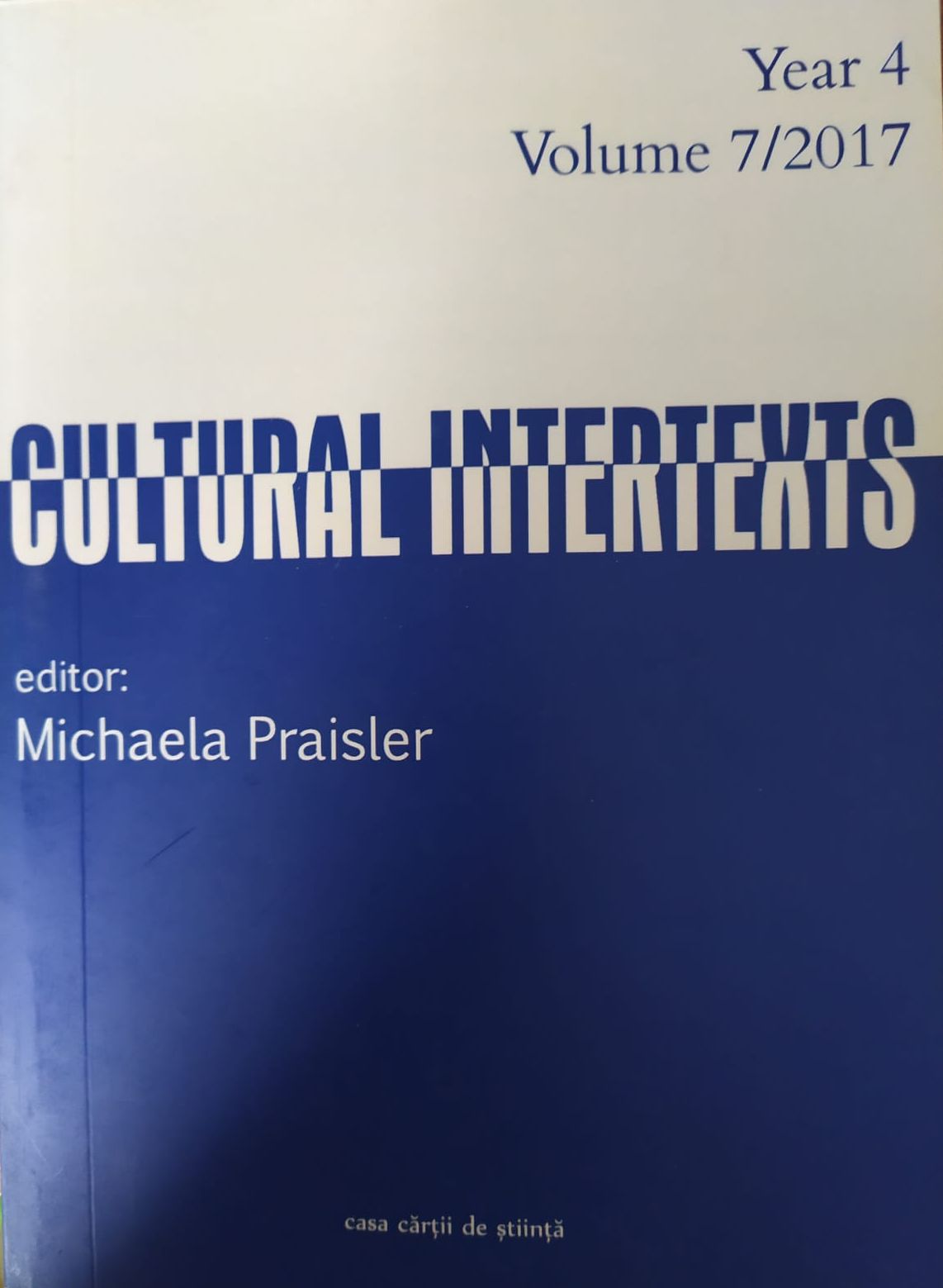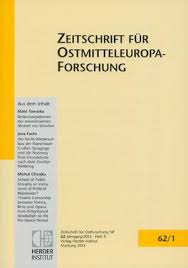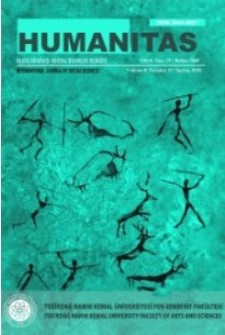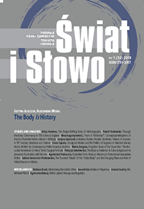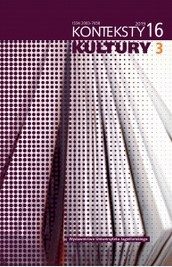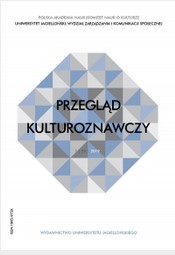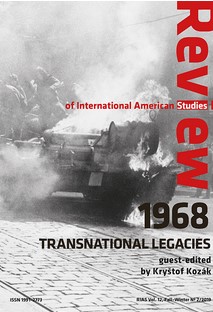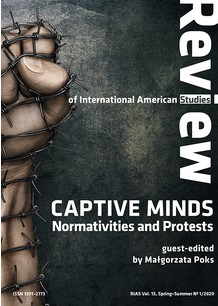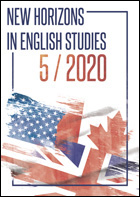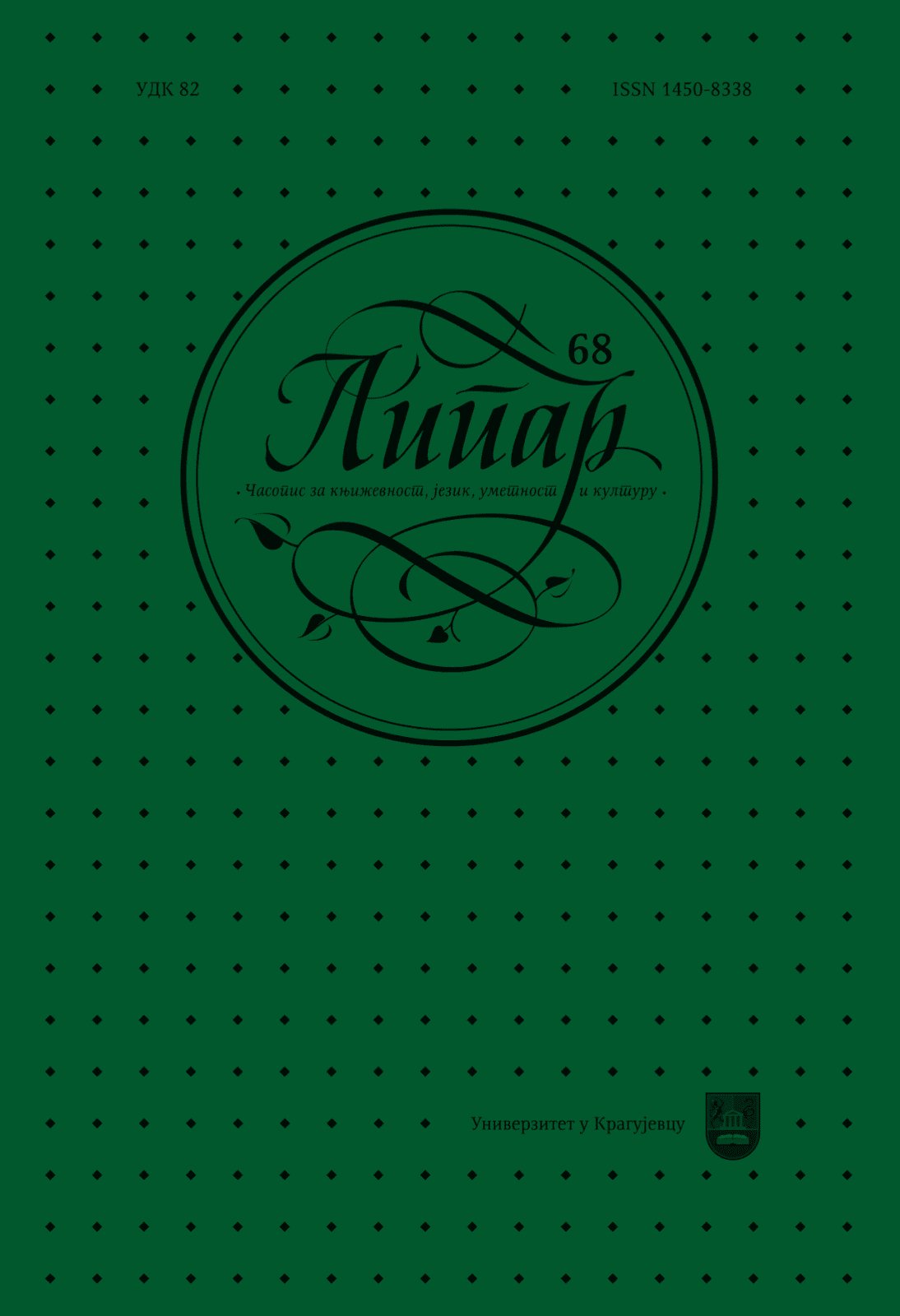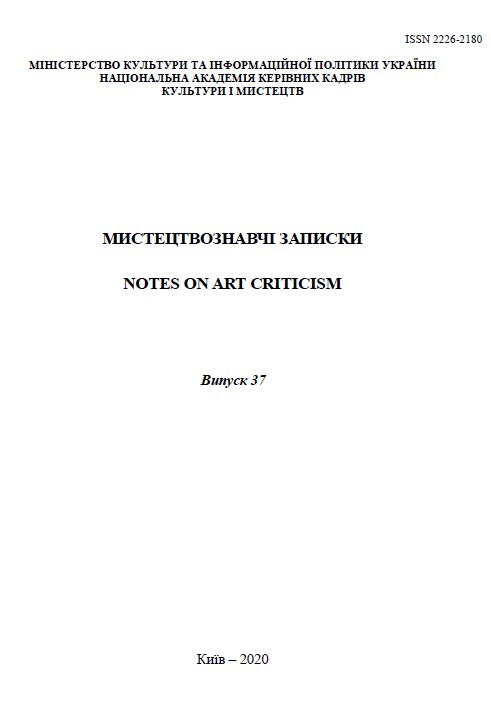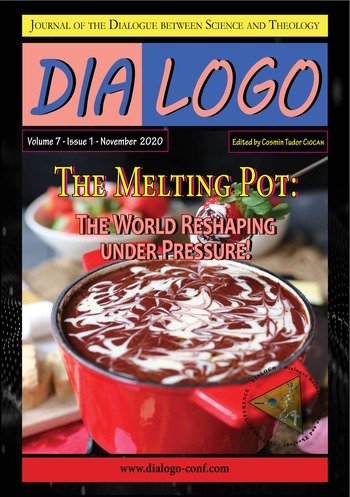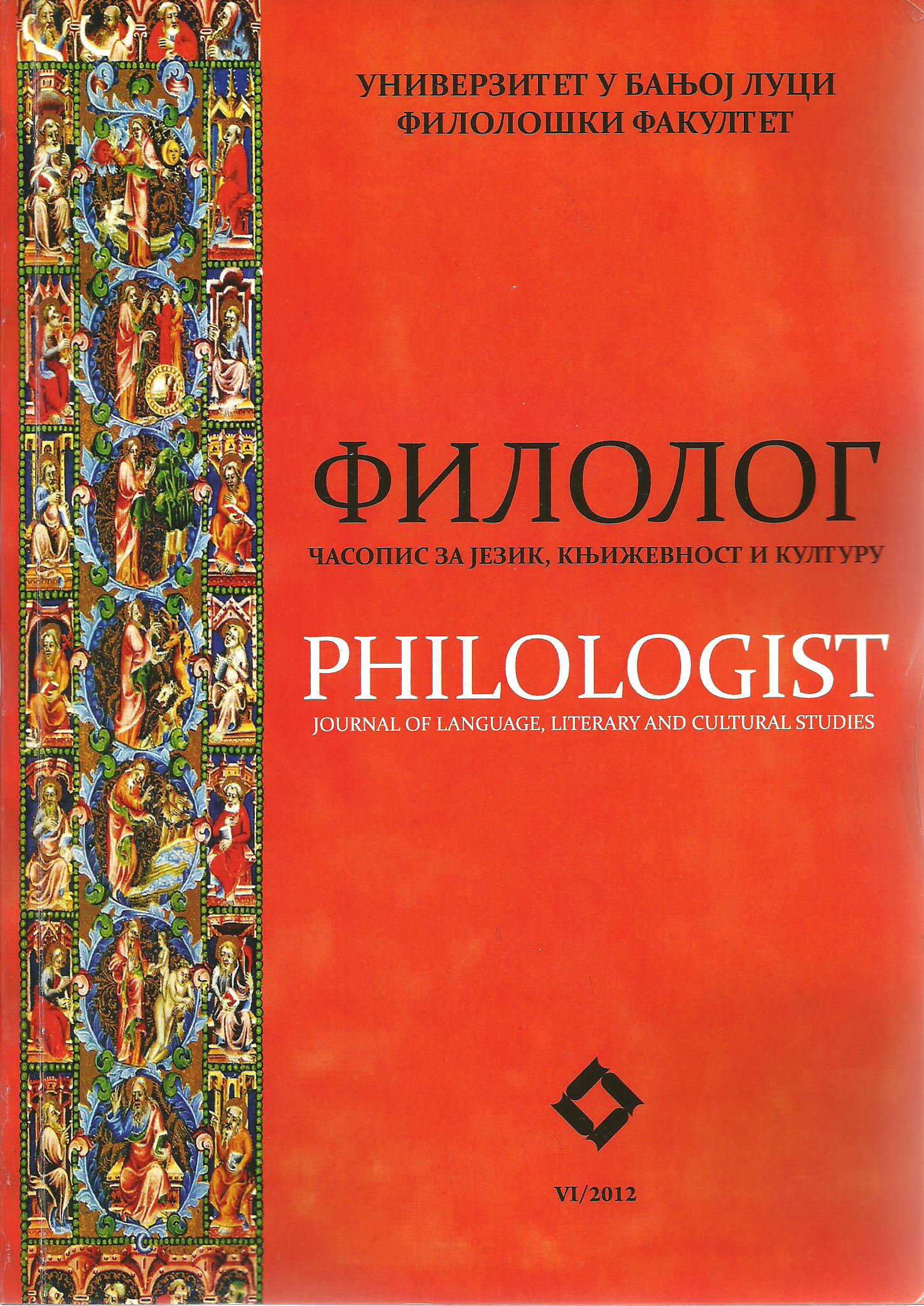
Syncretism and salience in “The Man to Send Rainclouds”
This article addresses two important issues concerning Indigenous identity, syncretism and salience. Leslie Silko’s short story, “The Man to Send Rainclouds”, presents significant insight into the issues that syncretism and salience have upon Indigenous perspectives of the world and of themselves. The crucial dynamic of syncretism affecting both salience and identity is examined as well as the ramifications of succumbing to syncretic practices. Syncretism, while offering a sense of accomplishment, ultimately only diminishes both the salience and identity of the Indigenous community.
More...
